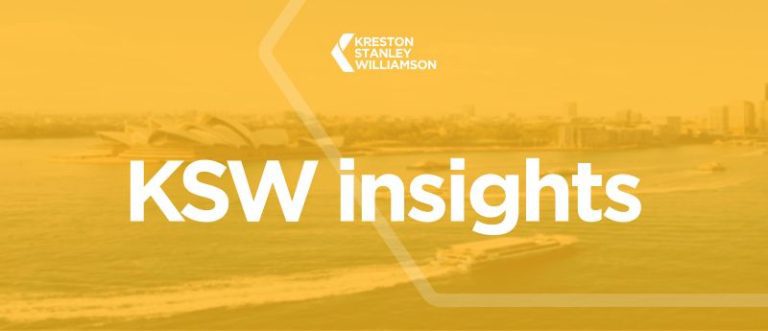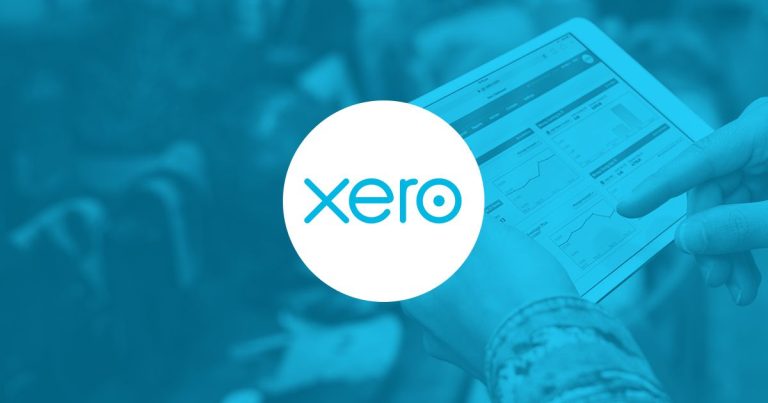With the cost of living still the main concern for the majority of Australians, the 2024-25 Federal Budget continues to balance competing priorities and responsible economic management.
Just like last year, there were no unexpected changes likely to significantly impact the SMSF sector or superannuation more broadly, including no changes to the Division 296 tax which is proposed tax on $3 million and above superannuation balances from 1 July 2025.
Here is a brief summary of the superannuation announcements which may affect your SMSF:
Superannuation Guarantee – Changes to payment frequency
From 1 July 2026, employers will be required to pay their employees’ compulsory SG entitlements at the same time that they pay salary and wages. Currently, employers are only required to pay their employees’ SG on a quarterly basis.
The purpose of this measure is to ensure employees have greater visibility over whether their entitlements have been paid and better enable the ATO to recover unpaid superannuation amounts. The increased frequency of payment will also support better long-term retirement outcomes.
This measure was announced prior to last year’s Federal Budget and will provide individuals and their professional advisers greater certainty on the timing of superannuation contributions. From a contribution planning perspective, this is critically important and is expected to help reduce instances of inadvertent contribution cap breaches.
Government-funded paid parental leave now includes superannuation
Eligible parents which receive government-funded paid parental leave (PPL) for babies born or adopted on or after 1 July 2025 will receive an additional payment based on the superannuation guarantee (12% of their PPL payments), as a contribution to their superannuation fund. These payments will be made annually to individuals’ superannuation funds commencing 1 July 2026.
Super recovery program for unpaid super from liquidated or bankrupt employers
Good news for those who are owed superannuation contributions from their liquidated or bankrupt employers. The Fair Entitlements Guarantee Recovery Program will be recalibrated to pursue such unpaid superannuation entitlements owed by employers in liquidation or bankruptcy from 1 July 2024.
EOFY Reminders
Friday 28 June 2024 is the date to mark in your calendars for all EOFY transactions to be completed. After that, your SMSF could be in breach of compliance and tax obligations.
Minimum pension requirements
All pension payments must be paid in cash (ie. cannot be made in-specie) and cleared from the SMSF’s bank account to ensure each member has met their minimum pension requirements.
| Age | Percentage of account balance at 1 July 2023 |
| Under 65 | 4% |
| 65 – 74 | 5% |
| 75 – 79 | 6% |
| 80 – 84 | 7% |
| 85 – 89 | 9% |
| 90 – 94 | 11% |
| 95 or more | 14% |
If the minimum pension requirement is not met, SMSFs will be subject to 15% tax on pension investments instead of being tax free.
Where you have been receiving regular pension payments, it’s likely you may have received more than the required minimum payment for this year. Unless you meet contribution eligibility rules, these funds cannot be returned.
Timing is critical for EOFY contributions
With the EOFY cut-off for contributions being Friday 28 June 2024, the timing of contributions is key if you are looking to maximise contribution caps.
This is important because superannuation contributions are only considered paid on the date it is received by the SMSF and not the date in which it is made. This can be difficult especially with superannuation guarantee contributions which the employer pays through a “clearing house”. As such, additional time should be factored in even in the event of unforeseen circumstances.
Depending on the method of the contribution one must ensure:
- EFTs are credited to the fund’s bank account on or before 28 June 2024 (do allow for extra days if transferring between different banks which can take up to 3 working days)
- Cheques are received by the trustee on or before 28 June 2024,
- Off market transfer forms are completed, signed and dated on or before 28 June 2024 where contributing via the transfer of listed shares or managed funds
Contribution caps for 2023-24
Before 28 June 2024 you should review your contribution strategies to ensure you have contributed what you intended to and ensure you are below the contribution caps.
| All ages | This year’s cap (2023/24) | Next year’s cap (2024/25) |
| Concessional Cap | $27,500 | $30,000 |
| Non-Concessional Cap | $110,000 | $120,000 |
Carry forward concessional contribution caps
Individuals can make additional concessional contributions by utilising their unused concessional contributions caps on a 5-year rolling basis, as long as their Total Super Balance was less than $500,000 on the 30 June 2023.
Non concessional contributions – bring forward arrangements
Members under the age of 75 on 1 July 2023 may ‘bring forward’ two years of non-concessional contributions subject to their Total Super Balance on 30 June 2023.
| This year’s thresholds & caps (2023/24) | Next year’s thresholds & caps (2024/25) | ||
| TSB at 30 June 2023 | Maximum NCC Cap Available | TSB at 30 June 2024 | Maximum NCC Cap Available |
| Less than $1.68m | $330,000 (3 years) | Less than $1.66m | $360,000 (3 years) |
| $1.68m – less than $1.79m | $220,000 (2 years) | $1.66m – less than $1.78m | $240,000 (2 years) |
| $1.79m – less than $1.9m | $110,000 | $1.78m – less than $1.9m | $120,000 |
| $1.9m or more | nil | $1.9m or more | nil |
Work test for personal concessional contributions
A reminder that the work test (ie. gainfully employed for least 40 hours over 30 consecutive days) will only apply if you wish to claim a tax deduction for the voluntary contributions you make to your SMSF, and this test can be met at any time in the financial year.
If you have any queries in relation to any of the above please don’t hesitate to contact your client manager.
Author: Anna Wong – Senior SMSF Manager at Premier SMSF Solutions
*Correct as of 30 May 2024
*Disclaimer – Kreston Stanley Williamson has produced this article to serve its clients and associates. The information contained in the article is of general comment only and is not intended to be advice on any particular matter. Before acting on any areas in this article, you must seek advice about your circumstances. Liability is limited by a scheme approved under professional standards legislation.














